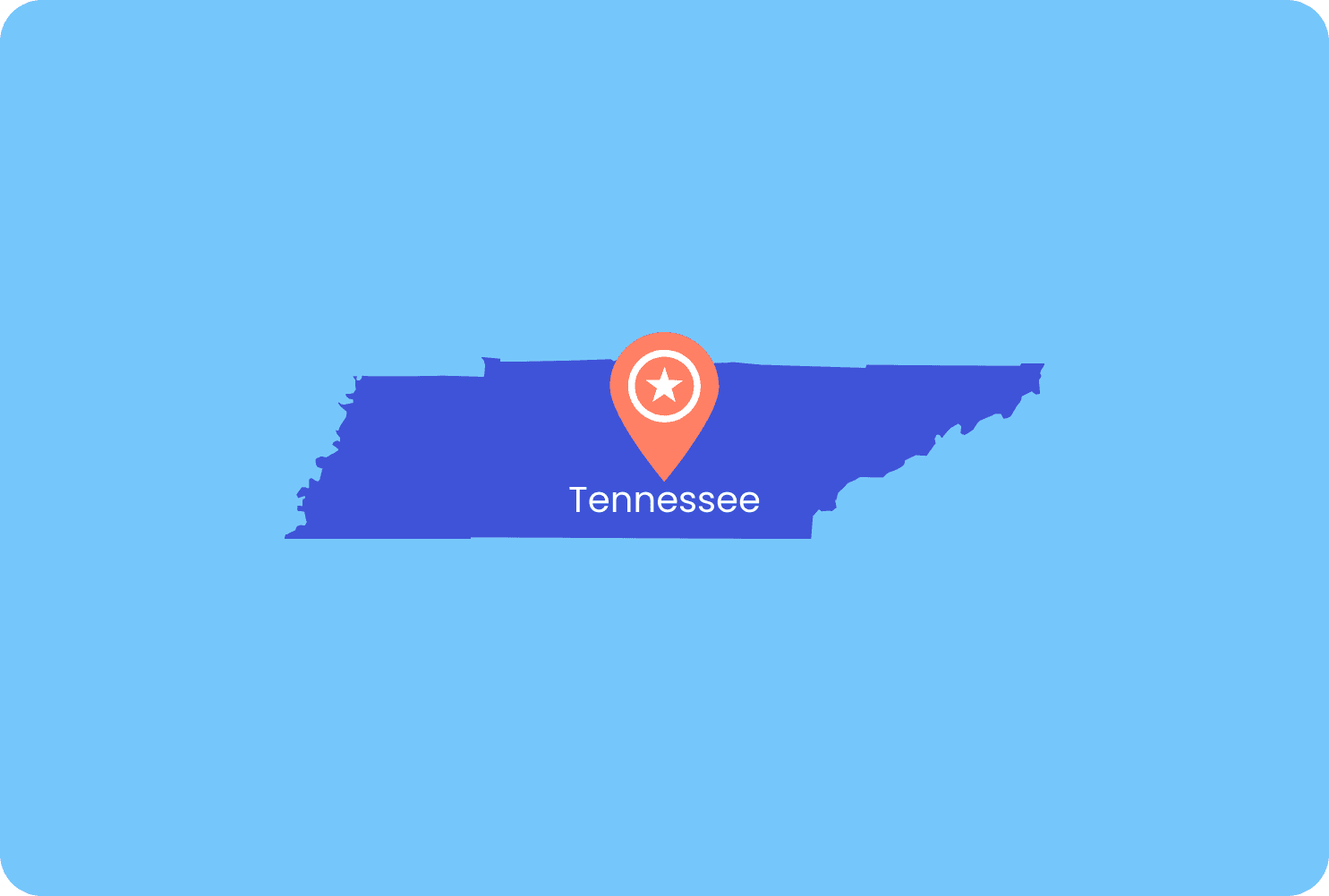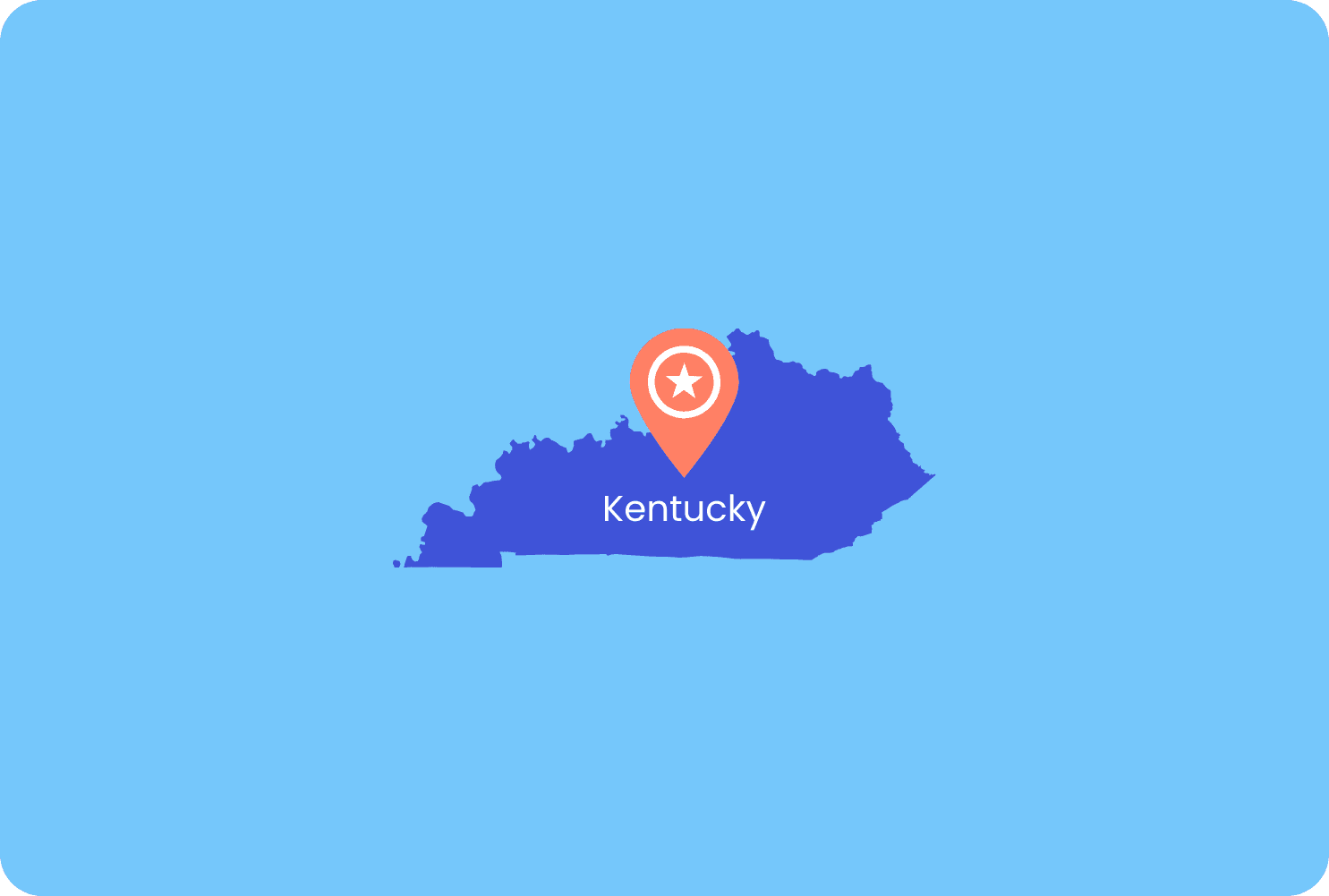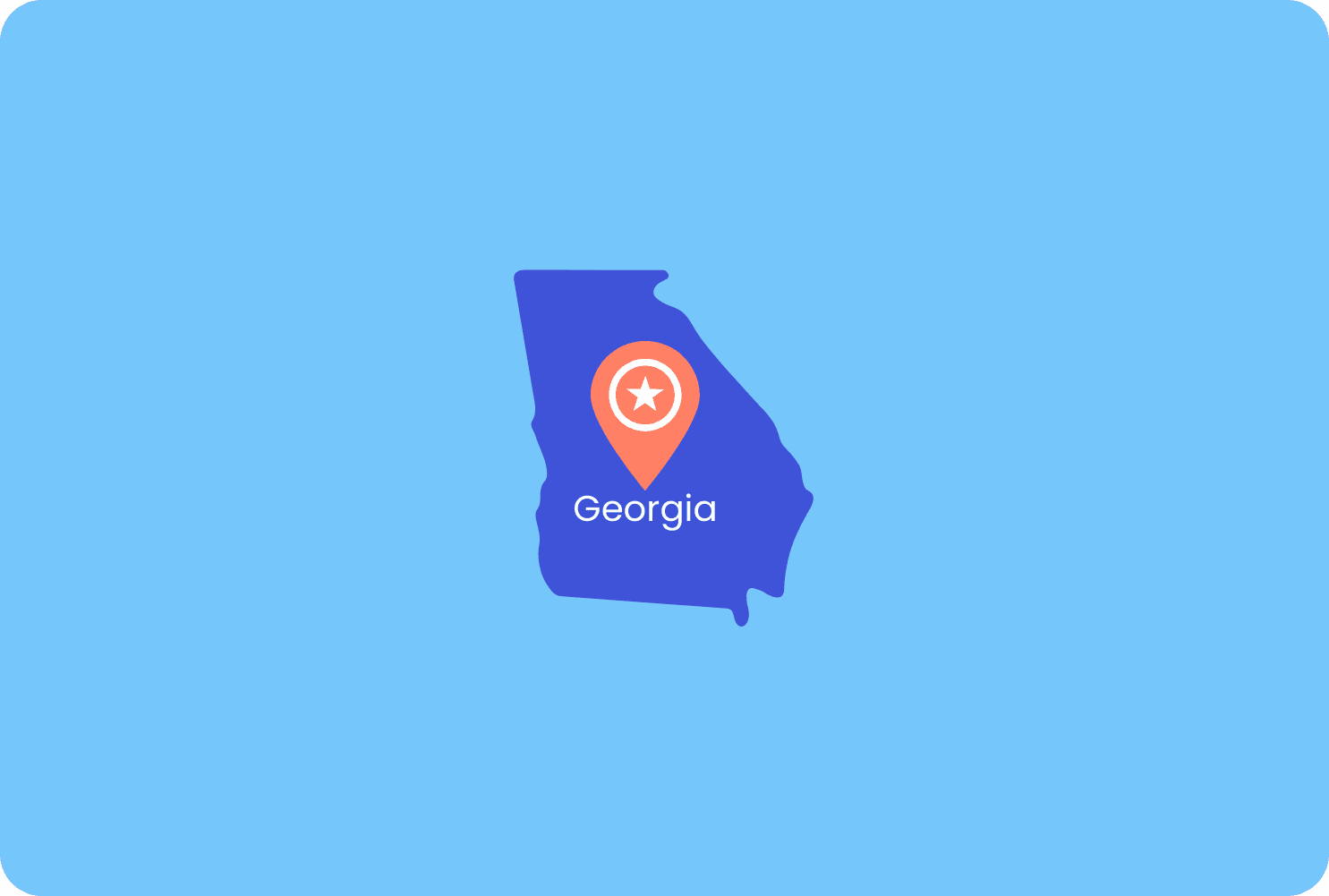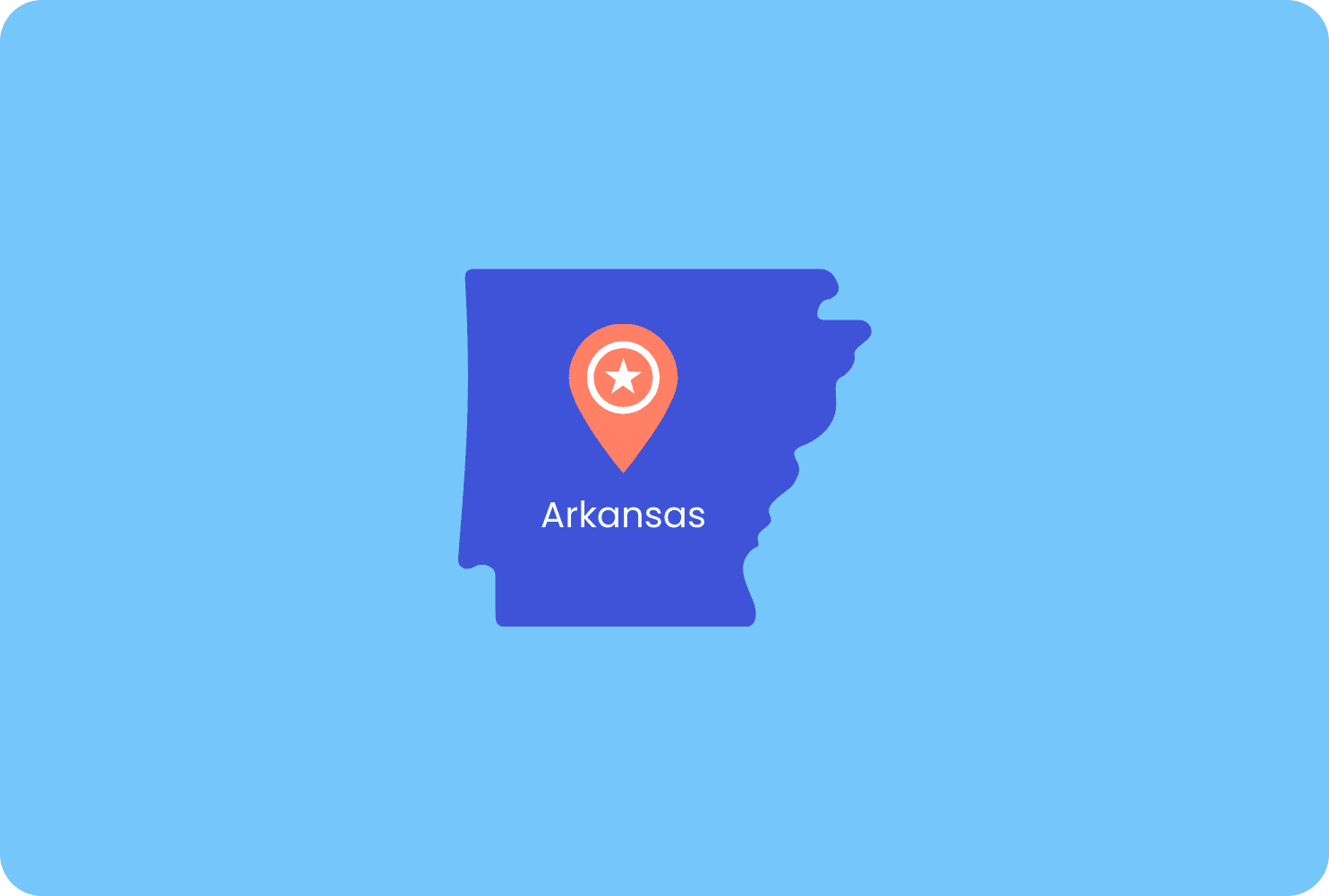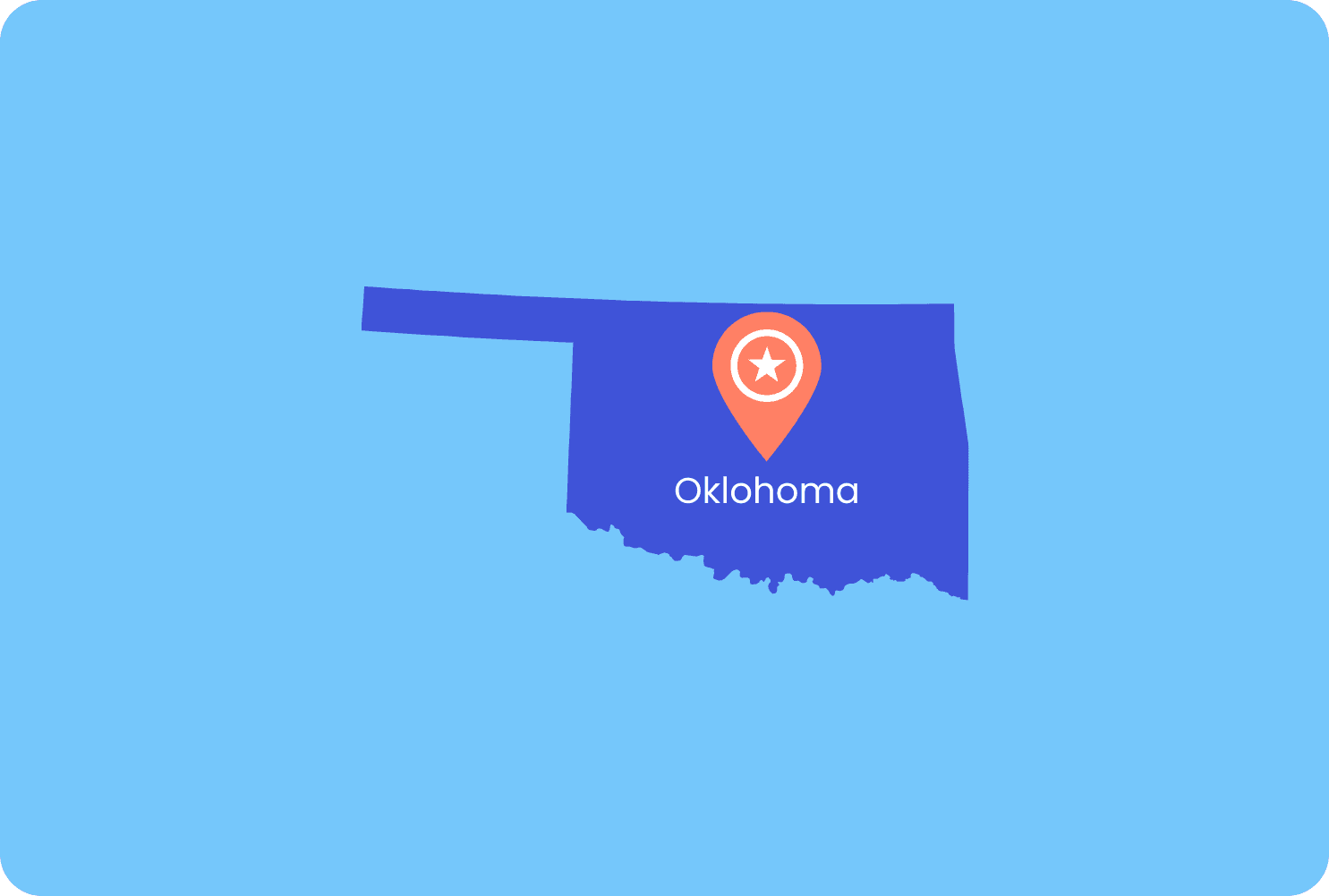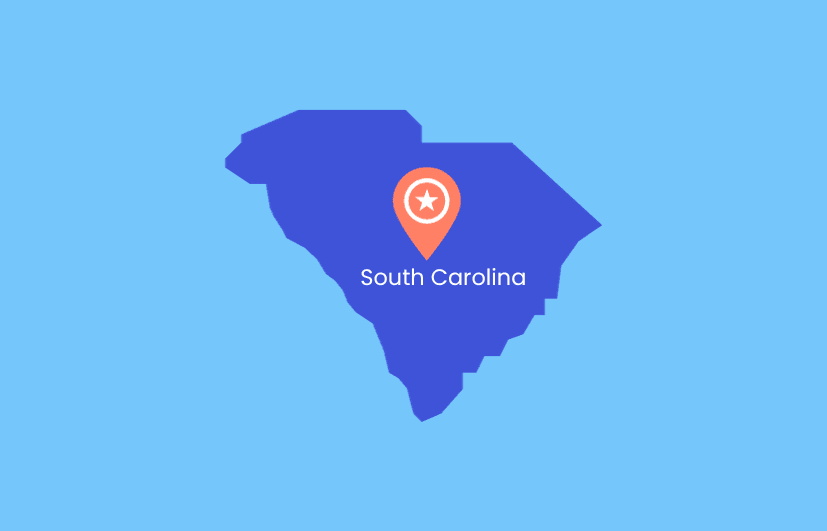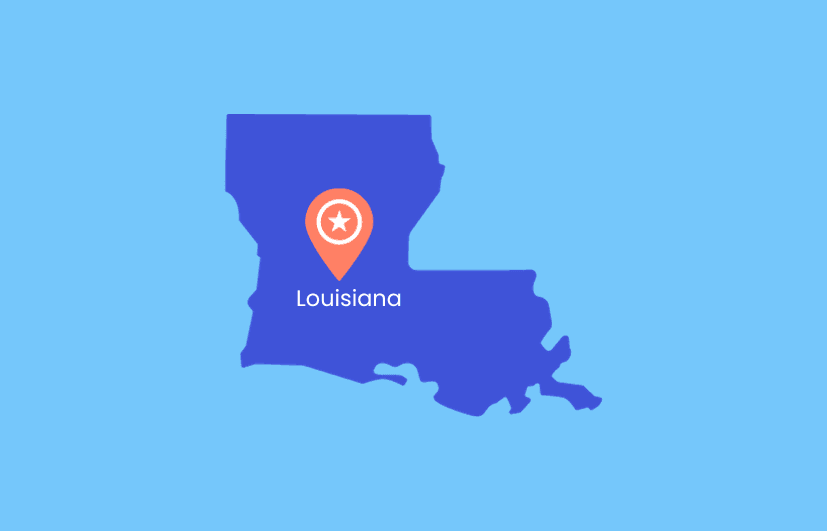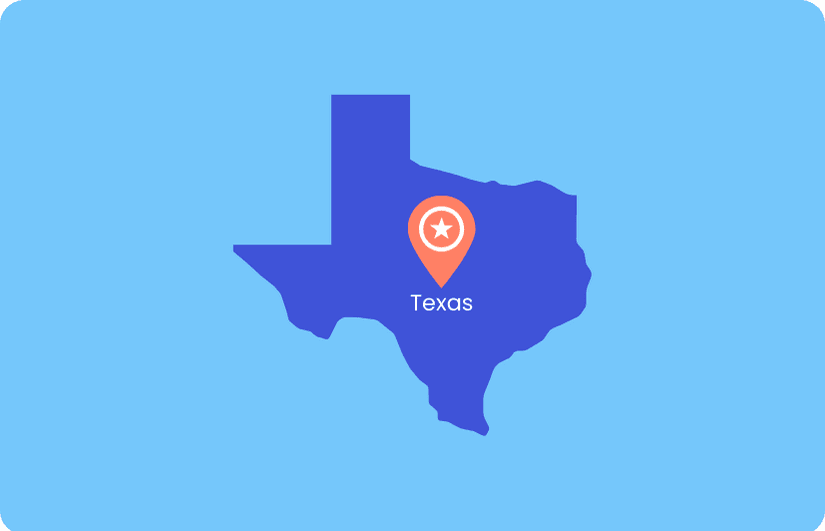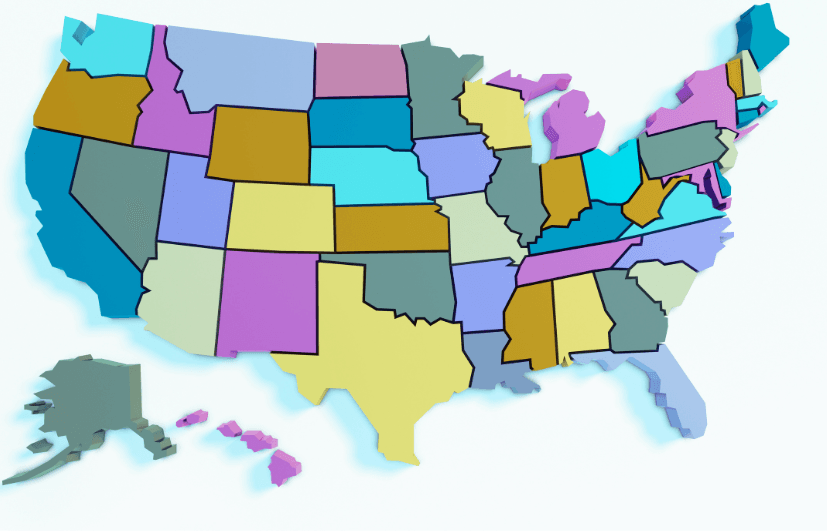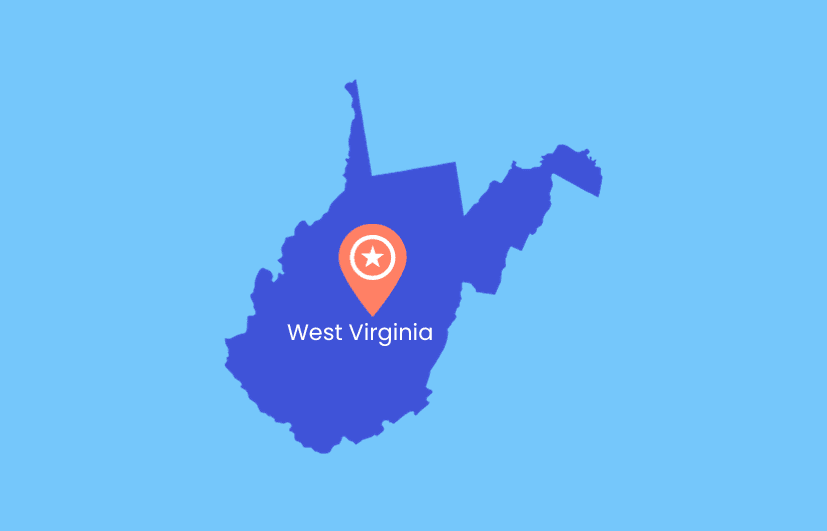Navigating the Maze of Medical Debt in North Carolina

Medical debt can be an overwhelming and stressful experience, particularly in North Carolina, where various factors contribute to the complexity of managing healthcare expenses. This comprehensive guide aims to provide North Carolinians with essential information and resources to effectively navigate and manage medical debt.
Understanding Medical Debt in North Carolina
The Scope of the Problem
Rising Healthcare Costs: Like many states, North Carolina faces increasing healthcare costs, which can lead to significant medical debt, especially for those without adequate insurance coverage.
Insurance Coverage Gaps: Many residents may find themselves underinsured, leading to unexpected medical bills that are difficult to manage.
Contributing Factors
Limited Medicaid Expansion: North Carolina has not fully expanded Medicaid under the Affordable Care Act, affecting the affordability of healthcare for low-income residents.
Rural Healthcare Access: Access to healthcare in rural areas can be limited, potentially leading to higher costs due to delayed or emergency treatments.
Strategies for Managing Medical Debt in North Carolina
Know Your Rights
Consumer Protections: Familiarize yourself with North Carolina's laws that protect consumers against unfair medical debt practices.
Negotiating Medical Bills
Direct Communication: Reach out to healthcare providers to discuss your bills. Many are open to negotiating payment plans or reducing charges.
Charity Care Programs: Investigate whether your healthcare provider offers charity care programs that could alleviate your medical bills.
Seeking Financial Assistance
State-Specific Programs: Explore programs offered by North Carolina to assist residents with medical expenses, including Medicaid for those who qualify.
Non-Profit Organizations: Various non-profits in North Carolina provide assistance for individuals struggling with medical debt.
Legal Assistance
Legal Aid: If overwhelmed by medical debt, consider seeking advice from legal aid organizations in North Carolina.
Preventative Measures
Health Insurance Coverage
Marketplace Plans: Look into health insurance options available through the North Carolina insurance marketplace, particularly during open enrollment periods.
Employer-Sponsored Insurance: If available, make sure to understand and utilize your employer-sponsored health insurance effectively.
Regular Health Check-ups
Preventive Healthcare: Regular check-ups can help in preventing more significant health issues and associated costs down the line.
Resources and Support in North Carolina
North Carolina Department of Health and Human Services: Offers information on Medicaid and other health assistance programs (NCDHHS).
Legal Aid of North Carolina: Provides free legal services to eligible individuals facing issues with medical debt (Legal Aid NC).
North Carolina Department of Insurance: Helpful resource for understanding health insurance options (NC DOI).
Conclusion
Effectively managing medical debt in North Carolina involves understanding the healthcare system, knowing your rights, and exploring all available resources. Staying informed, advocating for yourself, and seeking help early can significantly impact your ability to handle medical debt challenges. Remember, there are options and support systems available to assist you through this complex journey.
Read similar articles


Not convinced you love us. We love a challenge.
Your satisfaction is guaranteed. Learn more about our Refund Policy.



